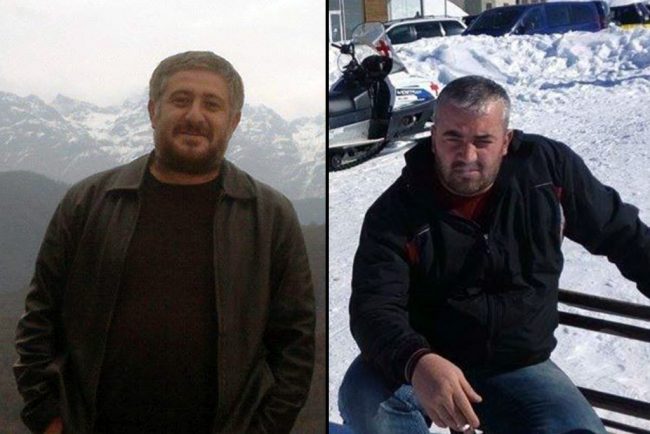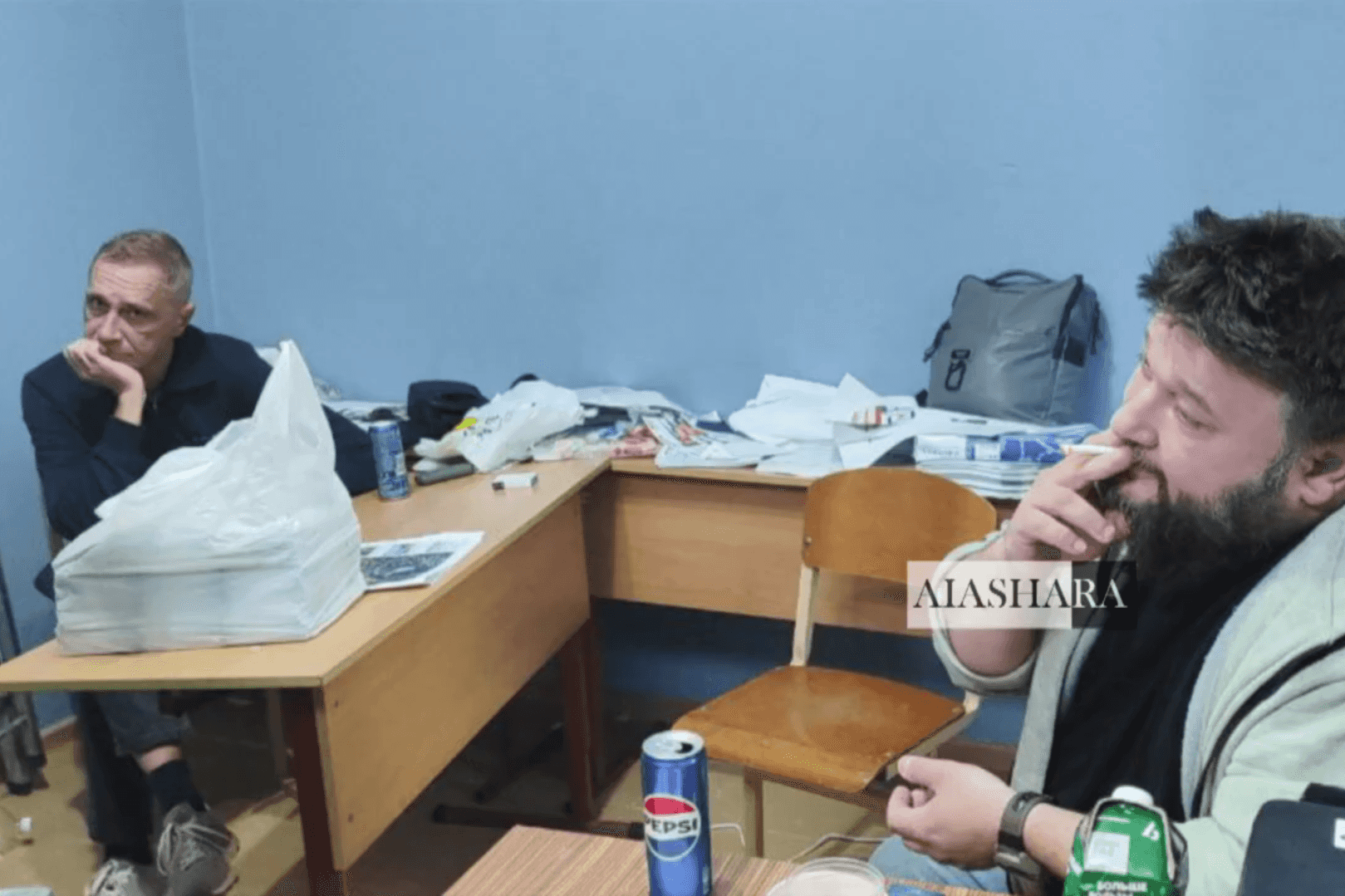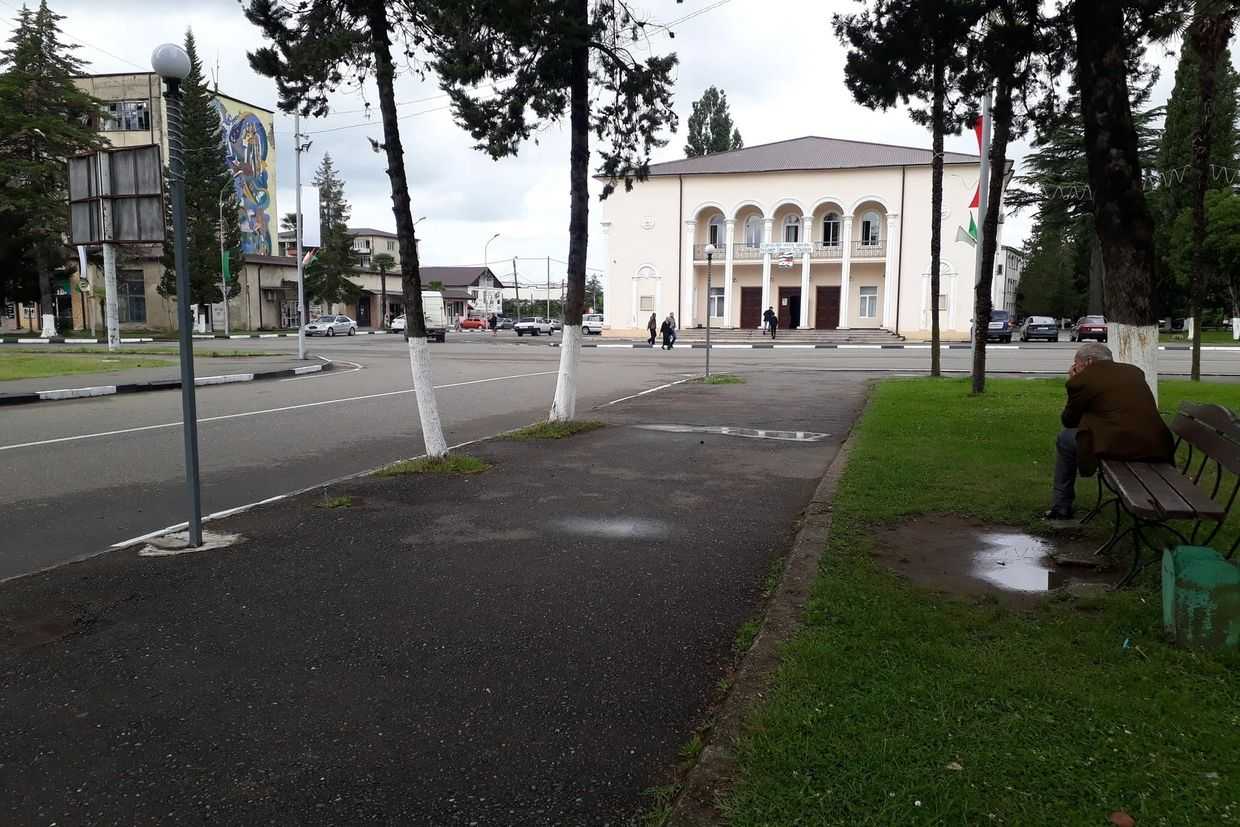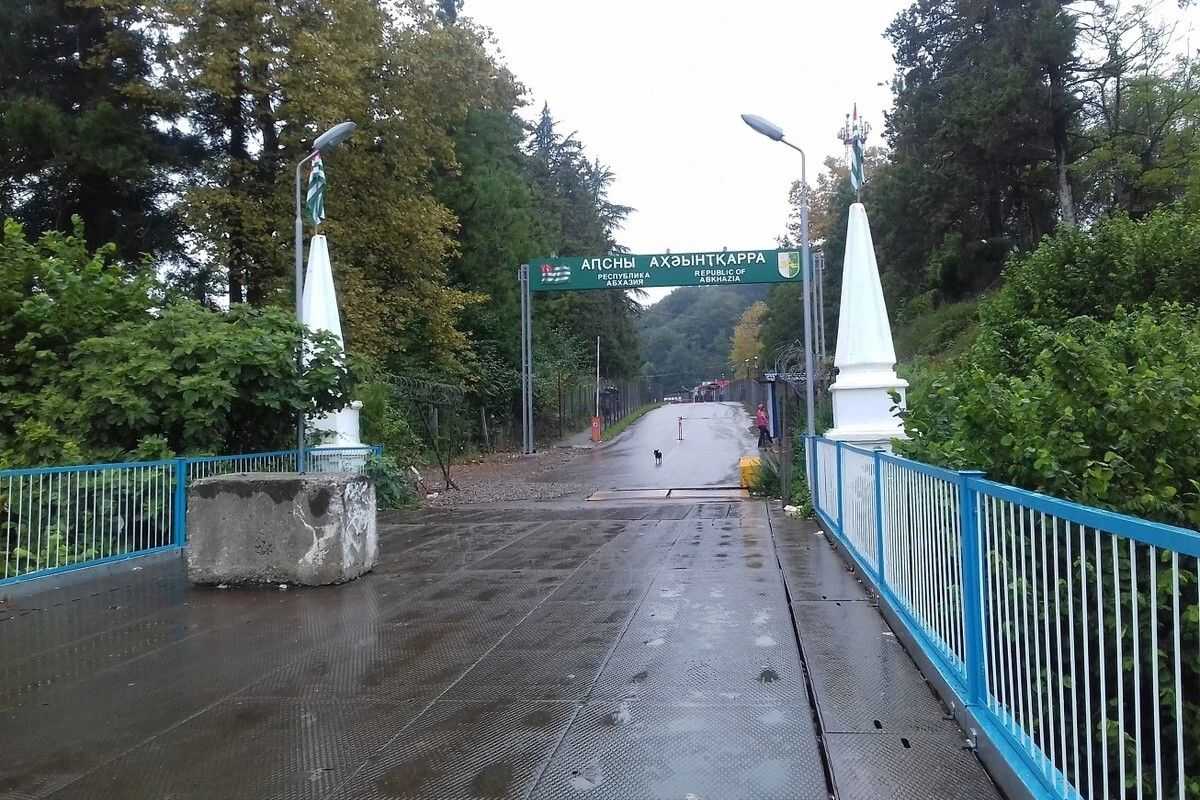

 Georgia released the first 33 names on the ‘Otkhozoria-Tatunashvili list’ of sanctioned individuals on Tuesday. The list includes those accused or convicted in absentia for ‘the murder, kidnapping, torture, and inhumane treatment’ of Georgian citizens in Abkhazia and South Ossetia, and for the cover-up of these crimes, since 1991.
Georgia released the first 33 names on the ‘Otkhozoria-Tatunashvili list’ of sanctioned individuals on Tuesday. The list includes those accused or convicted in absentia for ‘the murder, kidnapping, torture, and inhumane treatment’ of Georgian citizens in Abkhazia and South Ossetia, and for the cover-up of these crimes, since 1991.
At its first meeting since parliamentary approval on 20 June, the cabinet led by new Prime Minister Mamuka Bakhtadze identified the justice and foreign ministries — headed by Tea Tsulukiani and David Zalkaliani respectively — as responsible for enforcing the decree and forwarded the draft to parliament
Following the submission of Otkhozoria-Tatunashvili list 2 the Parliament, we will continue actively mobilizing International Community in order to take appropriate measures against persons who have violated rights of #Georgian citizens in occupied Abkhazia & Tskhinvali regions
— David Zalkaliani (@DZalkaliani) June 26, 2018
The list involves 24 cases related to Abkhazia and 9 to South Ossetia. It includes the head of the South Ossetian security services (KGB) in Akhalgori (Leningor), Alik Taboyev, and Akhalogori Deputy Prosecutor David Gurtsiyev, who are both accused of involvement in kidnapping, torturing, and killing Archil Tatunashvili.
[Read more about Kandzhi-Ogly case on OC Media: Abkhazia releases border guard accused of killing Georgian man]
[Read more about Archil Tatunashvili autopsy results on OC Media: Georgian autopsy says Tatunashvili sustained over 100 injuries before dying]
On 26 June, South Ossetia’s presidential envoy for post-conflict settlement, Murat Dzhioyev, reiterated the claim that Tatunashvili died of acute heart failure after attempting to flee and sustaining injuries while trying to ‘grab a gun from a guard’.
Abkhazian border guard Rashid Kandzhi-Ogly, who was sentenced to 14 years imprisonment in absentia for killing Giga Otkhozoria near the Georgian village of Khurcha in May 2016, was among six on the list who is wanted by Interpol, according to the resolution. The others are Otar Palavandzia and Oleg Papaskiri, implicated in killing Abkhazia’s Council of Ministers chair Zhiuli Shartava in 1993, and Afrikan Bganba, Vakhtang Ubiria, and Vladimer Nachach-Ogly, for illegally restricting the freedom and torturing Levan Mamasakhlisi in Gagra in 2011. Georgian authorities said Ubiria was a security official in Abkhazia, and Nachach-Ogly the deputy chief prosecutor.
Two women were included on the list — Tsibrona (Eka) Akhalaia, for allegedly heading an illegal armed unit, and Rosa Mirtskhulava, for committing ethnic killings in the Gali (Gal) district of Abkhazia.
The government said they would enforce ‘all possible sanctions’ regarding visas, property, and finances against those on the list.
Bakhtadze indicated that the list was ‘not exhaustive’, promising the next day it would ‘expand’ and that ‘all executioners will be punished’. The new Georgian cabinet submitted this list to parliament as a follow-up to a 21 March parliamentary resolution that had been initiated by the opposition European Georgia in reaction to Tatunashvili’s killing.
Abkhazia’s Foreign Ministry condemned the list on Tuesday, calling the decree ‘baseless’, ‘extremely destructive’, and ‘provocative’. They said they held Bakhtadze personally responsible for the ‘potential destruction of the only international structure for conflict resolution in the South Caucasus’, the Geneva discussions.
The authorities in Abkhazia had vowed to raise the issue at the Incident Prevention and Response Mechanism (IPRM) meeting on Wednesday in Gali (Gal). After Georgia presented the issue of Otkhozoria’s murder, they claim that the Russian and Abkhazian participants demanded it be dropped from the agenda, then walked out of the meeting.
‘Georgia’s Magnitsky Act’
MP Giorgi Kandelaki from the opposition European Georgia criticised the lack of Russian citizens on the list. ‘What stopped the government from including at least the chief of shift of the so-called border forces under whose supervision these two and other crimes have been committed?’, Kandelaki said to OC Media.
He claimed that a European Parliament resolution on 14 June which included an article calling for ‘Member states and the Council to blacklist and impose national and EU-wide sanctions on those who appear or who may appear on the Otkhozoria-Tatunashvili list’ was thanks to European Georgia’s efforts.
European Georgia has also claimed that some of those on the list — Otar Turnanba, Raul Kortava, Vladimer Nachach-Ogly and Tsibrona (Eka) Akhalaia are dead. In a Facebook post, Kapanadze said this reflects ‘a negligent attitude from the Georgian government’.
Speaking to Rustavi 2, MP Roman Gotsiridze of the United National Movement said the sanctions should be expanded in the same way as America’s Magnitsky Act, going beyond their initial focus to include officials ‘like Abkhazia’s General Prosecutor, Prosecutor, and Gali Police Chief’.
The Magnitsky Act, enacted by the US in 2012, imposed travel and financial sanctions on the Russian officials responsible for the murder of Sergei Magnitsky in 2009. Magnitsky had been investigating tax fraud among high-ranking Russian officials when he was detained, persecuted, and then refused medical treatment until his death in prison. The original act, which targeted just 18 Russian officials, was later used as a basis for the Global Magnitsky Act of 2016, which allows the US Government to sanction criminally guilty officials anywhere in the world. This latter legislation became the basis for similar laws in a number of other countries.
On 27 June, leaders from the ruling Georgian Dream Party said the list was not yet final. Parliamentary majority leader Archil Talakvadze argued that the government could not make any declarations about those presumed dead without official proof.
For ease of reading, we choose not to use qualifiers such as ‘de facto’, ‘unrecognised’, or ‘partially recognised’ when discussing institutions or political positions within Abkhazia, Nagorno-Karabakh, and South Ossetia. This does not imply a position on their status.









